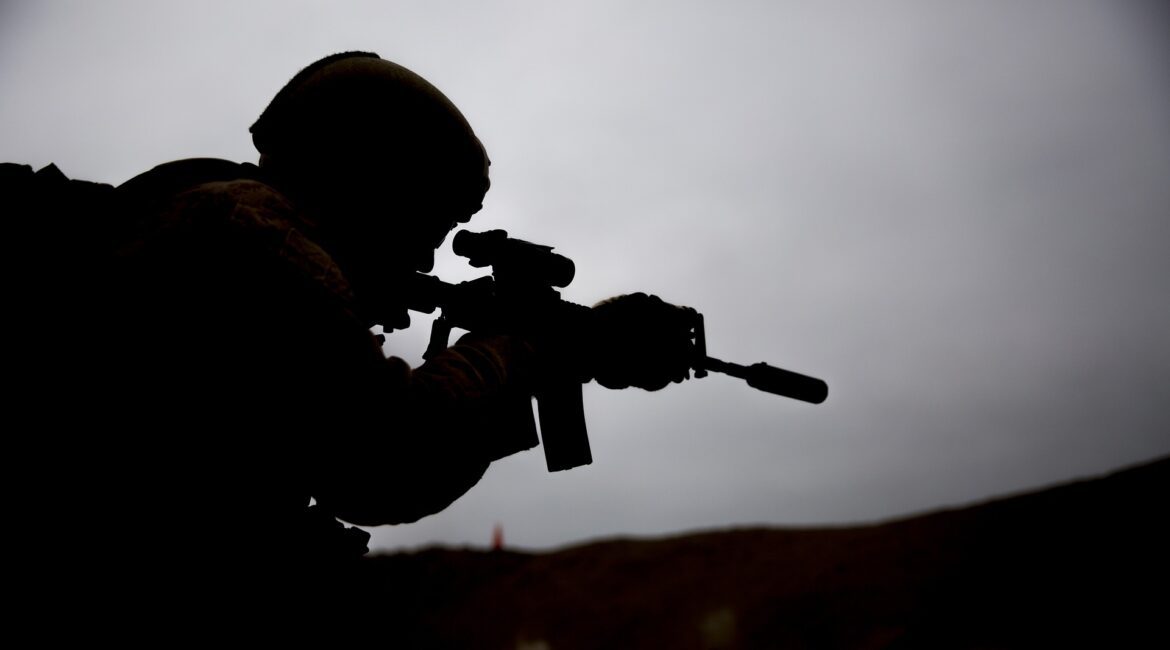Officials in Libya have announced a "very modest start" to withdrawal of foreign fighters from the country.
After a decade of chaos since the 2011 fall of Muammar Gaddafi's regime, Libya is trying to emerge from a period marked by bloody violence involving militias, foreign fighters and armed groups. Consequently, the country was divided between rival administrations: the Government of National Accord from Tripoli and an eastern-based stronghold, led by marshal Khalifa Haftar, a renegade military commander.
According to UN estimations, in the country there are deployed about 20,000 foreign fighters, mostly Syrians, Chadians and Sudanese, as well as Russians, from the "Wagner" private security company.
Following the statements of Libyan officials, authorities are about to implement a "comprehensive departure strategy", aiming to ensure the departure of a large number of foreign combatants. In this respect, a conference on Libyan stability was organized, at the initiative of Libya's presidential council chief, Mohamed Al Manafi.
In the east of the country, Russian mercenaries support Haftar's group, while Turkey has troops in Tripoli, backing the government under a bilateral agreement.
Recently, the US House of Representatives passed a bill that could sanction foreign powers supporting rival factions in Libya. Those sanctions can be imposed on "foreign persons leading, directing or supporting certain foreign government involvement in Libya…, foreign persons threatening the peace or stability of Libya…, foreign persons who are responsible for or complicit in gross violations of internationally recognised human rights committed in Libya".
Accordingly to a 2020 ceasefire deal, a unified Libyan transitional government was created earlier this year under UN auspices, with the aim of leading the country to elections scheduled for December 24. But difficult negotiations over electoral laws have placed growing doubts over the process.

